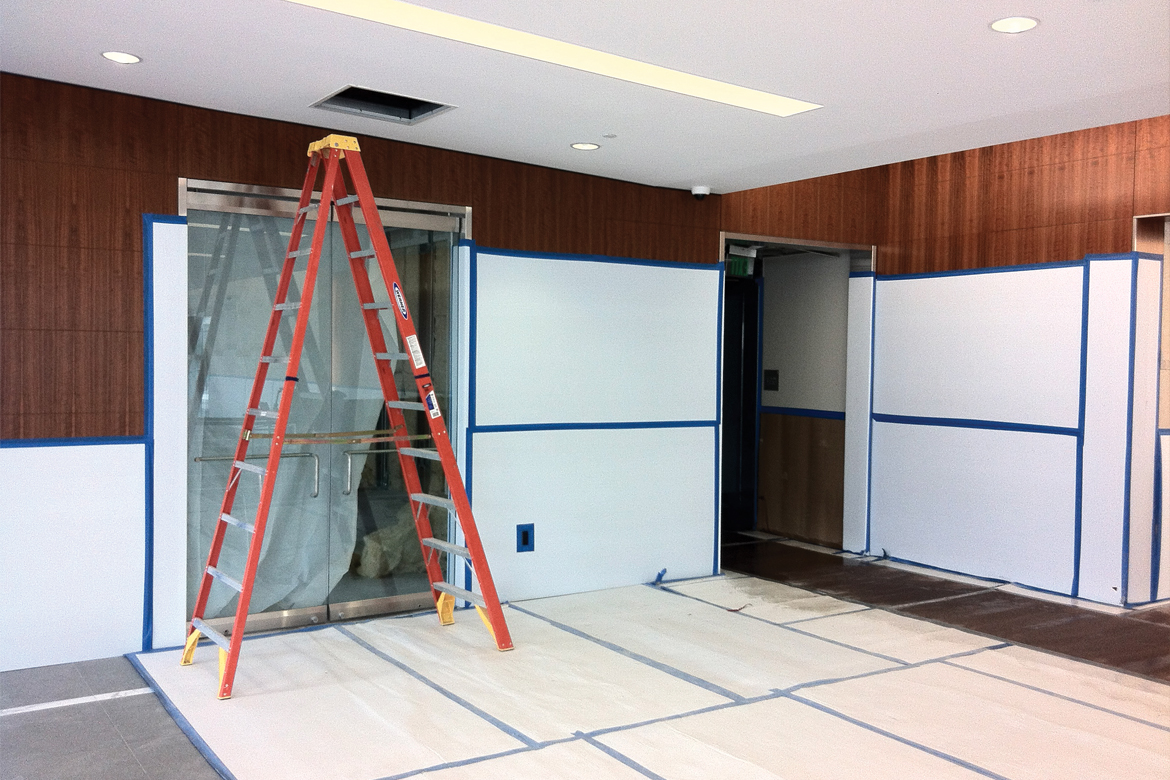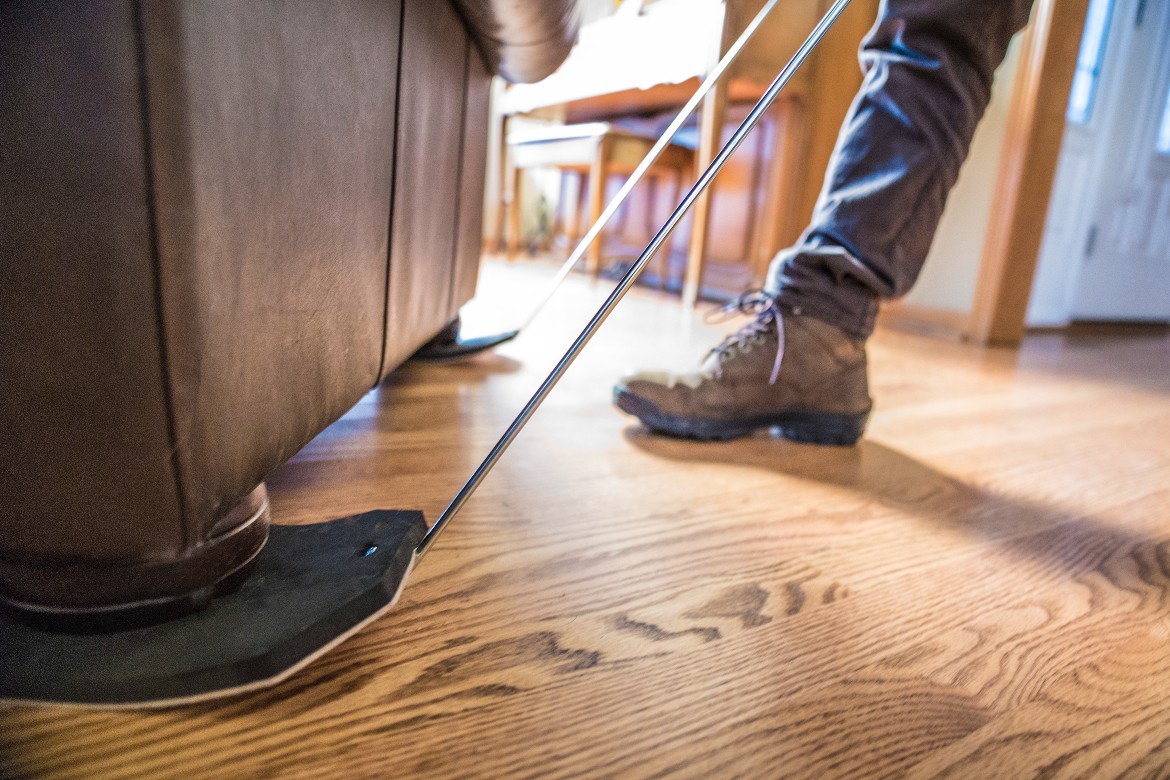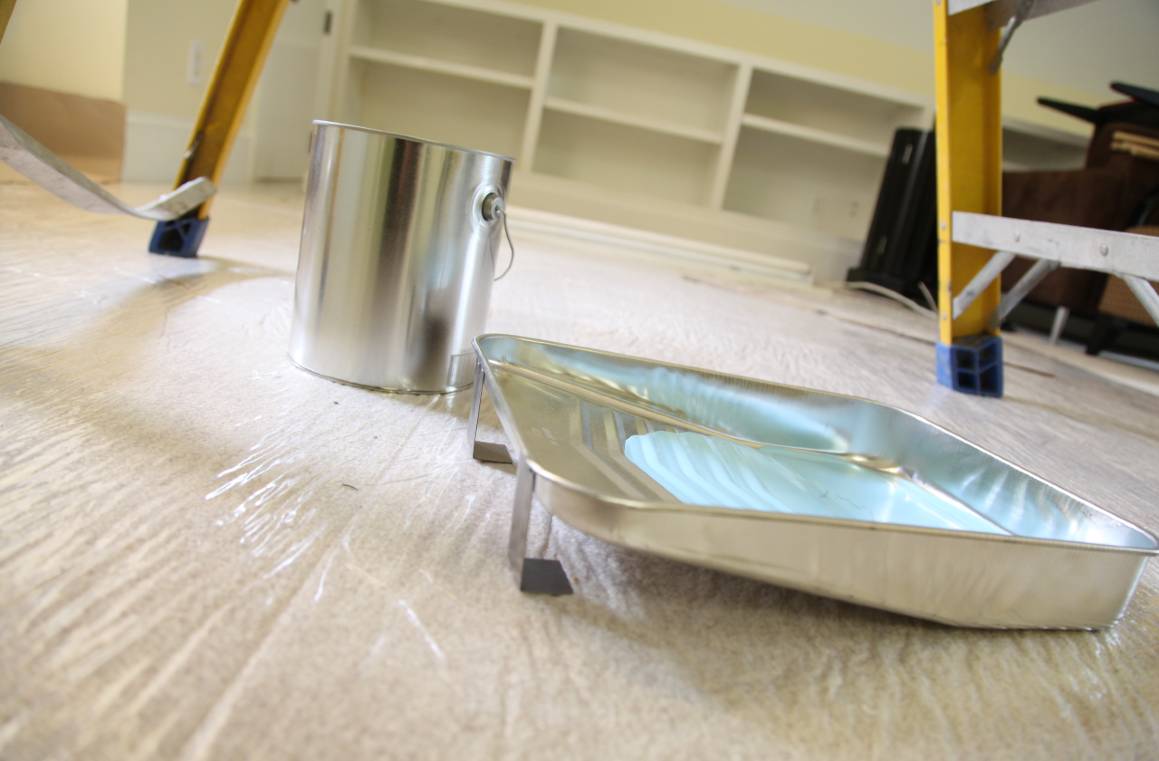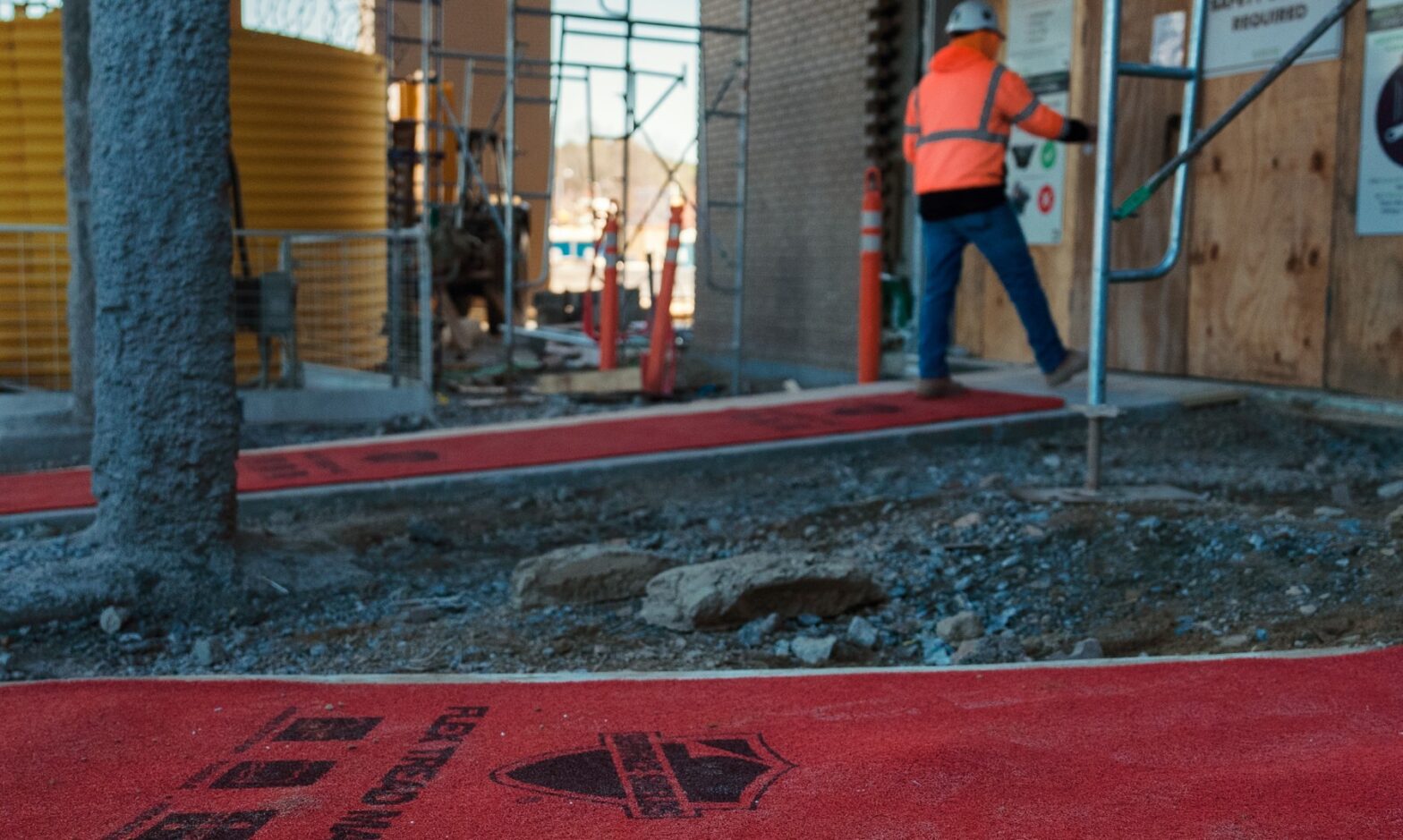What are floor protectors for?
Before starting any project, whether it be a home renovation or moving job, floor protection is critical. Without surface protection, your floors, countertops, door jambs, and even windows are at risk of being damaged. What does damage mean for you? More time and money replacing harmed surfaces.
With the help of a floor protection product, scratches, dents, and stains are easily avoidable. Surface protectors shield an area from damage, saving you time and money.
Do floor protectors work?
Mistakes are inevitable, but with the right material and when installed correctly, surface protectors provide job site confidence. Not only do surface protectors work to protect against grime and scratches, they show your client you care about their property.
For a surface protector to truly work, it’s important to take a few things into consideration. We’ve broken down what you need to review prior to investing in a floor protector for your job.
What to consider when investing in floor protection products
1. Flooring Type
First things first, what type of floor are you protecting? This will narrow your choices down immensely.
- Hardwood Floors: Hardwoods typically need a surface protector that has some impact tolerance and breathability. Make sure these features are included when narrowing your search for a hardwood floor protector. Traditionally, paper board products are a great choice, but there are a few breathable surface protectors within the industry now.
- Carpets: Both carpet protection and carpet sliders should be used. Carpet protection films are designed to form a tight bond between the adhesive and the carpets. For a quick application, explore using a film applicator!
- Delicate flooring: Tile, granite, and marble are all delicate surface types that can be expensive to replace. These hard surfaces are extremely susceptible to cracks and dents, so make sure to choose an option with impact resistance. Corrugated plastic or a Skudo alternative are great options.
2. Level of surface protection
Next, consider what level of protection you may need. Will there be heavy machinery riding on your flooring? Foot traffic? Lightweight, medium weight, and heavy–duty floor protection options are all available, but it’s important to determine what level of protection is necessary by evaluating what type of work will be done on top of your floors.
3. Necessary features for your job type
Different flooring types and jobs may call for different, necessary features. Consider if any of these are critical on the job to help you narrow down your search.
- Water Resistance
- Slip Resistance
- Flame Retardant
- Breathability
- Reusable
4. Long-term usability
Lastly, consider how long you expect your job to last. For quick touch-ups, temporary floor protection may do the trick. If you expect your job to last a few months, a heavy–duty option will reduce your time replacing the product when accidents do occur.
In addition, some protectors feature self-adhesive backing. These products can typically only be left down for 30-60 days without harming the surface underneath.
Total Floor Protection From Surface Shields
We get it, choosing a floor protector is overwhelming with the extensive choices in today’s market. However, if you consider these things when choosing the products for your job, we’re confident you’ll make the right choice. Surface Shields offers a full line of products ranging from window shield film to lightweight kraft paper and heavy–duty builder’s board. Explore our full catalog, or contact us with any questions you may have when exploring your options.









